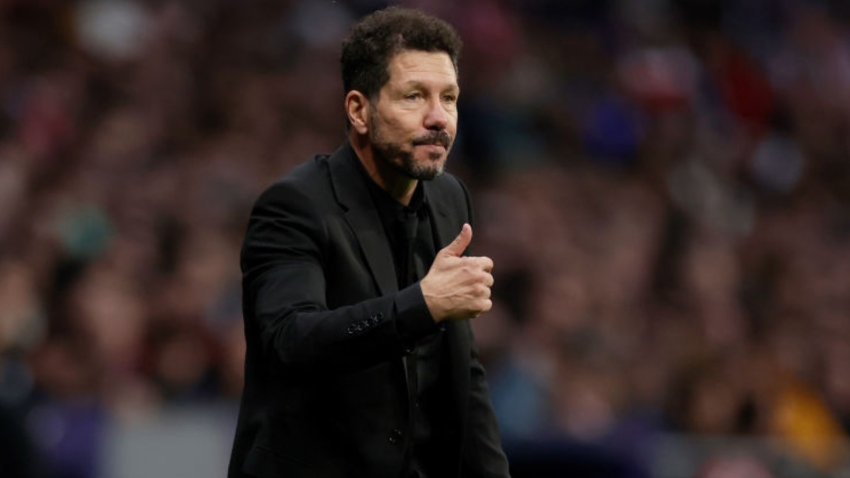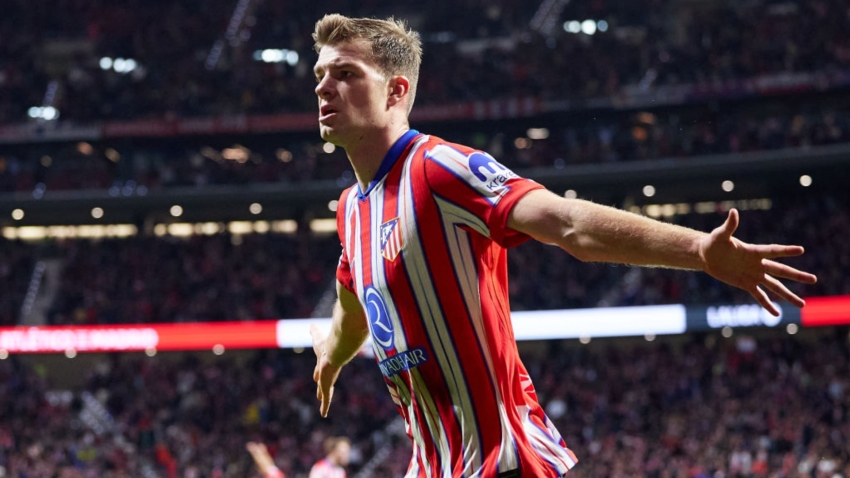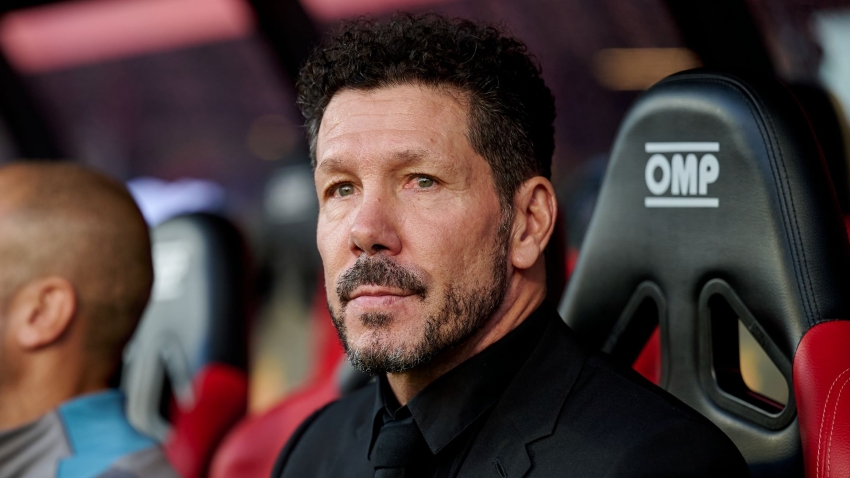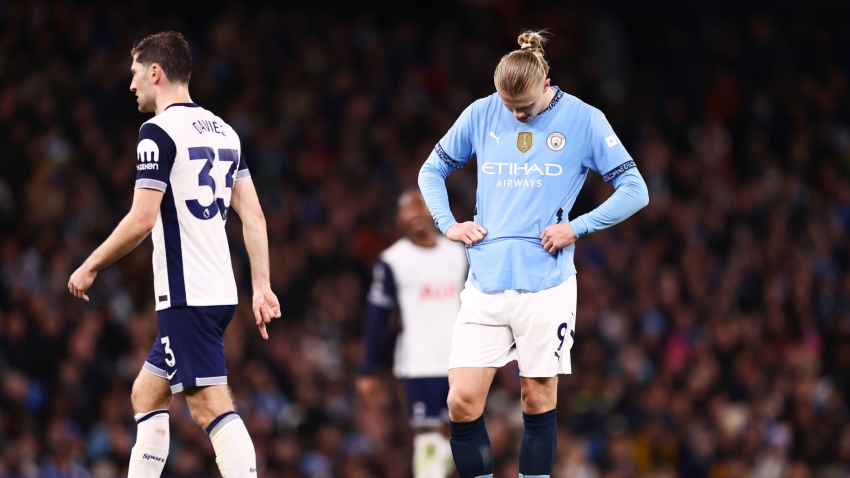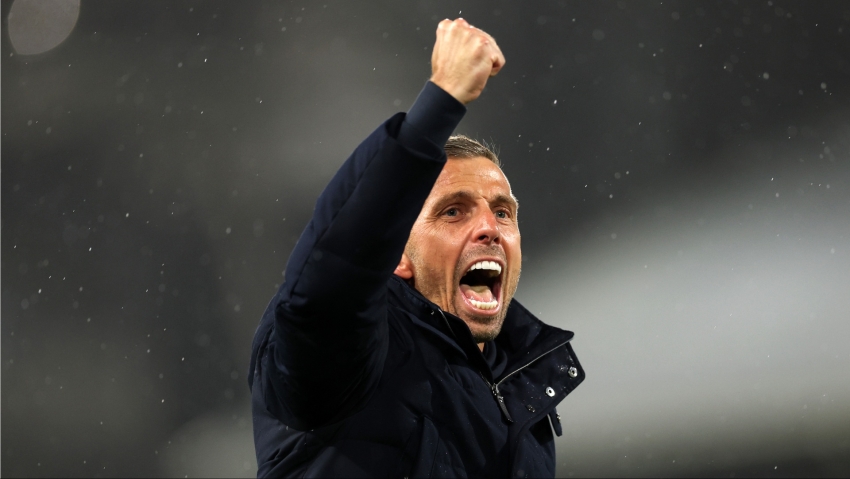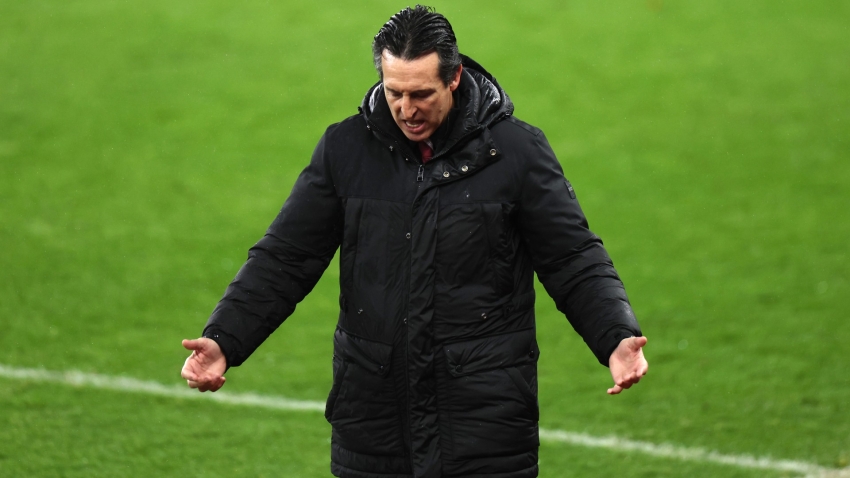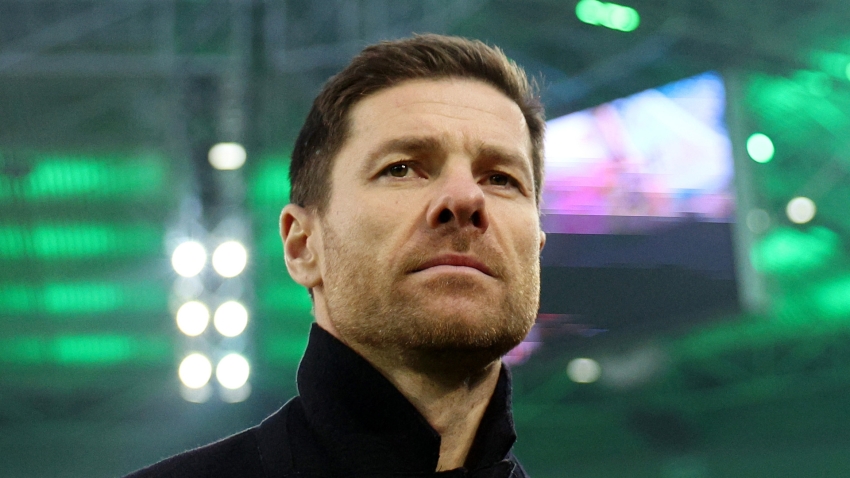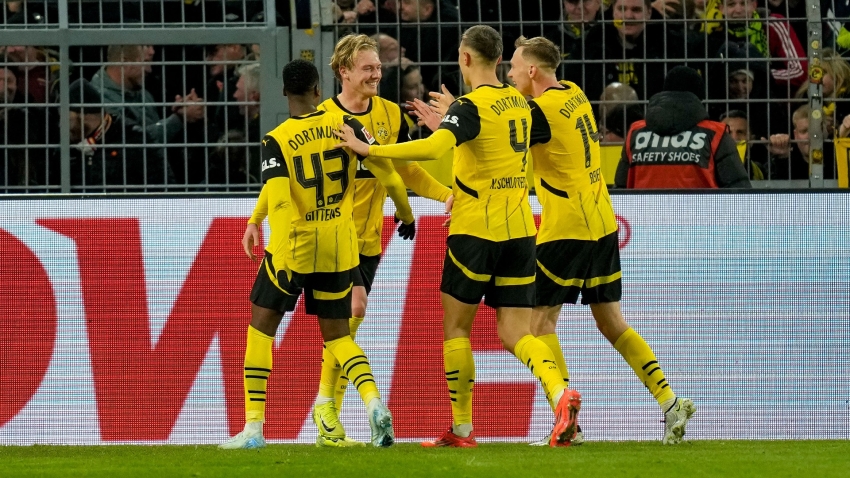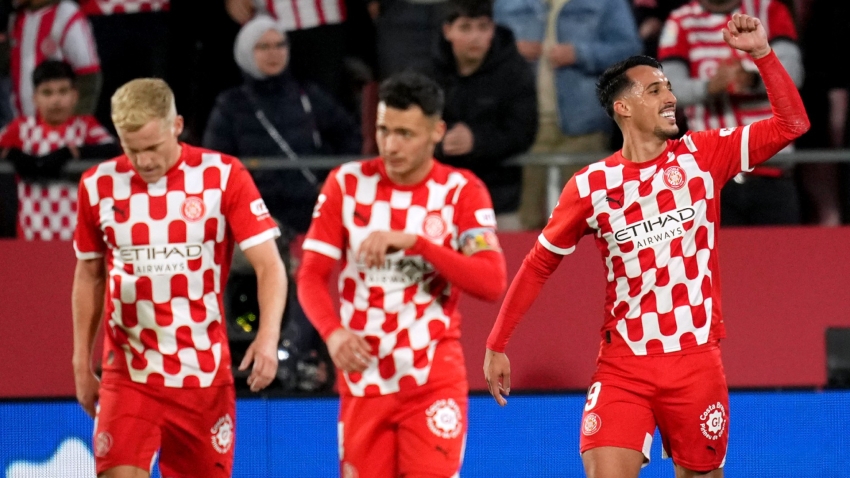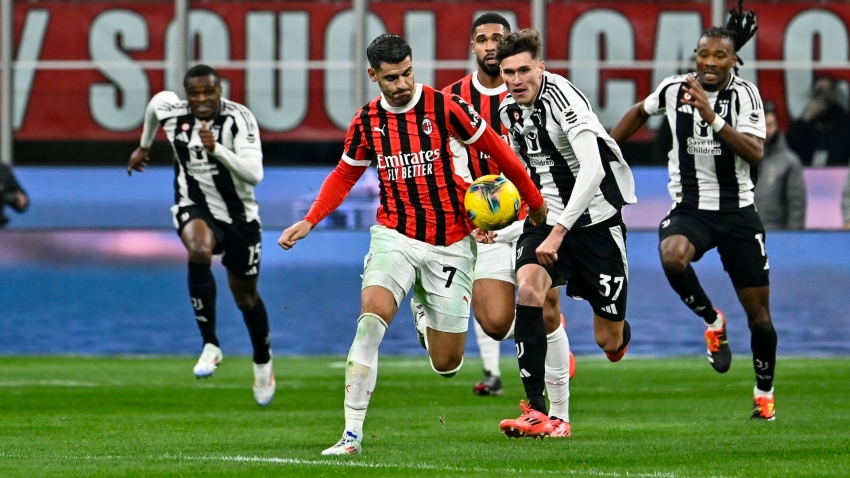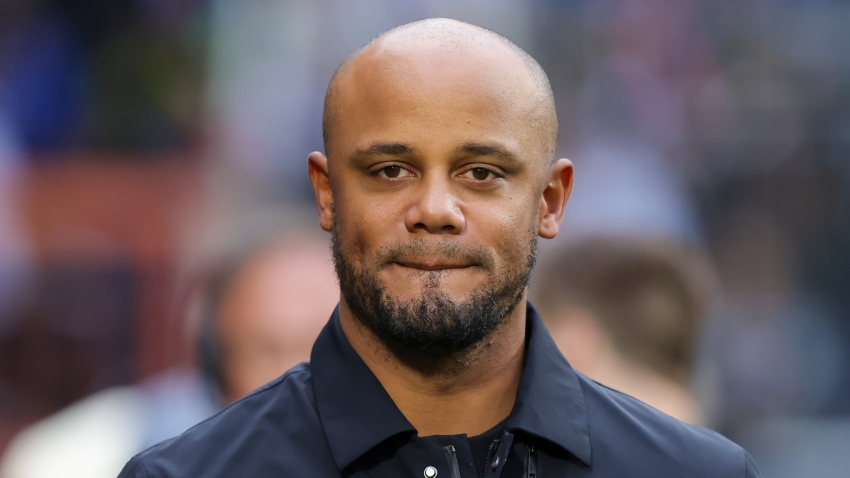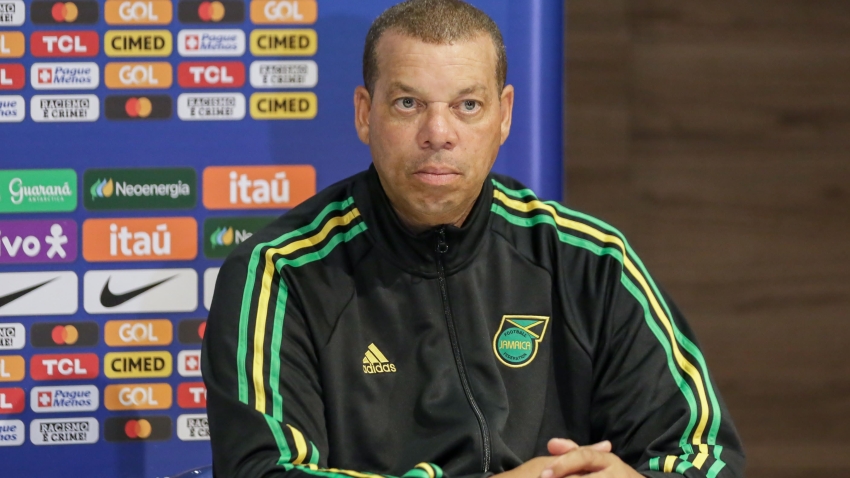Xabi Alonso and Bayern Munich were once a perfect match, and few would be surprised should they couple up again somewhere down the line.
Yet Alonso could put a dent in Bayern's Bundesliga title prospects on Sunday, when his Bayer Leverkusen side host the 10-in-a-row champions at BayArena.
Six years have passed since Alonso announced he would be retiring as a player at the end of the 2016-17 season, sparking an outpouring of tributes to one of the great midfield artists of his era.
That news, revealed in March 2017, raised the question of 'what next?' for a man who as a player won a World Cup and two European Championships with Spain, Champions League titles with Liverpool and Real Madrid, and would end up with a hat-trick of Bundesliga medals at Bayern.
Suave, sophisticated and wealthy, with a happy family life, would he even need football again?
Only on his terms. What do you give the man who has everything? You give him control.
Stats Perform has looked at the coaching career so far of the 41-year-old Alonso, who might be a Bayern coach of the future but for now is plotting their downfall.
Softly, softly approach pays off
Like his former Liverpool team-mate Steven Gerrard, Alonso began his coaching education out of the spotlight, at the clubs he knew best.
Where Gerrard started off learning the coaching ropes at Liverpool's academy, Alonso accepted a role with Madrid's Under-14 team in 2018, while polishing off his coaching qualifications.
On June 1, 2019, Alonso stepped away from Madrid to become boss of Real Sociedad B, leading the Basques to promotion to Spain's Segunda Division, their first appearance at that level in 59 years.
Alonso spent three years with that second-string unit, and although they were relegated before he left, La Real noted his "brilliant" spell at the helm in a farewell note at the end of last season.
The club said Alonso had succeeded in "enriching, thanks to his knowledge and involvement, the training and progress of the players of our subsidiary", and pointed to his players successfully progressing through to the first team.
The future was uncertain for Alonso at that point, but only in the sense he would soon have his pick of clubs and would need to choose his pathway.
Bundesliga beckons again
Leverkusen were crushed 4-0 at Bayern in late September of last year, and it proved to be Gerardo Seoane's final Bundesliga game in charge of Die Werkself. They began the season by taking five points from eight league games and were in crisis.
Seoane was sacked and Alonso placed at the helm, telling reporters what had attracted him to his first top-flight coaching role.
He reasoned there was "always a risk" in taking on a new challenge. "But you have to always improve and take steps forward," Alonso added. "I firmly believe that it will work out here and I am fully motivated."
He had previously been presented with "the chance to coach good teams" but waited for the right opportunity, he said, and now he "realised that I'm ready".
Explaining what he would look for from his new team, Alonso urged them to buy into his methods.
"As a former midfielder, I like control," he said.
As graceful as he was in central midfield, Alonso was also a serial winner, and tellingly he had played under some of the great coaches: five years with Rafael Benitez at Liverpool, five years split between Manuel Pellegrini, Jose Mourinho and Carlo Ancelotti at Madrid, and two years with Pep Guardiola at Bayern before one last campaign under Ancelotti with the Bavarians.
What an education.
Leverkusen sporting director Simon Rolfes described Alonso as a player who was "an absolute world-class professional for many years, an intelligent strategist and extremely successful in three of the most demanding European leagues".
The message was clear: Leverkusen expected Alonso the coach to match up to Alonso the player. They were confident he was a world-class acquisition.
So far, so good
Guardiola sang the praises of Alonso in the week of his appointment by Leverkusen, saying he was a man who, in terms of understanding the game, "reads perfectly".
Leverkusen sat 17th in the 18-team Bundesliga, far from where they expected to be. They have finished in the top six in each of the last five seasons, and 12 of the last 13 campaigns, so the club's standards are high and were not being met.
After that risible start (W1 D2 L5) under Seoane, Bundesliga results have significantly picked up, with Alonso's haul of 29 points from 16 games (W9 D2 L5) having only been bettered by three teams (Bayern Munich, Borussia Dortmund, RB Leipzig) during the course of his reign, heading into this weekend's round of games.
Control, that watchword, is slowly coming. Their possession has inched up from 51.3 per cent for the initial eight games under Seoane to 53.5 per cent over the games bossed by Alonso. Bayern lead the way in possession with 63 per cent, followed by Dortmund (58 per cent). Leverkusen were ninth on the list under Alonso's predecessor but are fifth during his tenure.
Making changes and imposing new ideas in mid-season is far from easy, but Alonso is giving it a good crack.
Leverkusen ranked a distant fourth in open play sequences of 10-plus passes during the opening eight rounds of Bundesliga games, with 68 such sequences compared to leaders Bayern's 142. Under Alonso, Leverkusen have logged 204 such sequences of 10-plus passes in open play possession, which puts them third on the list for the duration of his time in charge.
Having had less than half as many possessional sequences as Bayern in the opening eight games, Leverkusen are now much more comparable, with Bayern leading the way with 274 and Leipzig second with 252.
Alonso's team have gone from an average of 3.31 passes per sequence to 3.77, a marked shift. Long passing success still leaves a little to be desired, with a gradual improvement from 44 to 46 per cent during Alonso's reign still leaving them behind Dortmund (60 per cent) and Bayern (59 per cent).
If only Alonso could be the one spraying such passes, Leverkusen would soon jump up that list. Like fellow great playmakers of years gone by, such as Andrea Pirlo and Glenn Hoddle, it is likely the case that Alonso has wowed players on the training pitch with his passing range, but he would give all that up now to have Leverkusen competing at the top of the Bundesliga.
Bring on Bayern
As it is, Leverkusen are not yet jostling near the summit. That slow start has meant even the major improvement under Alonso has only seen them rise to ninth spot, six points behind sixth-placed Eintracht Frankfurt.
They might still bridge that gap and snatch a European place, but they need to be winning games, so the Bayern game is huge for them, just as it is for Julian Nagelsmann's visitors in their title battle with Dortmund.
Alonso, quoted in the German press after Thursday's Europa League win against Ferencvaros, said there was "no room for emotions" heading into the reunion with his old club.
"I had a great experience at Bayern Munich; I have fond memories of those three years," Alonso said. "Playing against them as a coach for the first time will be nice – and hopefully with a smile for me after the final whistle."






